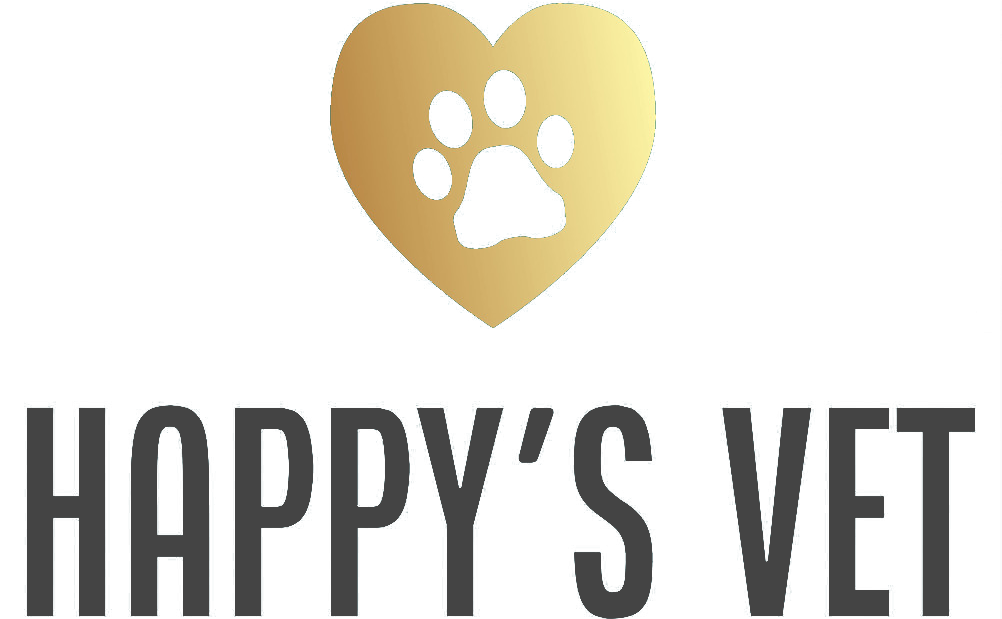Library
-
Feline viral rhinotracheitis (FVR) is an infectious disease caused by feline herpesvirus type-1. It is a major cause of upper respiratory disease in cats and is the most common cause of conjunctivitis. The typical symptoms of FVR involve the nose, throat, and eyes, and include sneezing, nasal congestion, conjunctivitis, excessive blinking, squinting, and discharges from the eyes and nose that range from clear and watery to thick and purulent (containing yellow/green pus). Treatment consists of supportive care, hydration of the environment, and control of secondary bacterial infections with antibiotics and antibiotic eye medications. An effective vaccine exists and is recommended for all cats.
-
The most common cause of hip dislocation is blunt force trauma such as a fall or an automobile injury. Most dogs with a hip dislocation will have severe hind limb lameness and pain and may not be able to put any weight on the affected limb. A diagnostic radiograph will show the direction of dislocation and whether a fracture of any part of the hip joint has occurred. In many cases, it is possible to replace the femoral head in the acetabulum by manipulation under general anesthesia. If the femoral head has been successfully replaced and the correct post-operative treatment has been adhered to, it is unlikely that the hip will dislocate again.
-
Hip dysplasia is a deformity of the hip that occurs during growth. The result is laxity of the joint, followed by degenerative joint disease (DJD) or osteoarthritis (OA), which is the body's attempt to stabilize the loose hip joint. Hip dysplasia is a genetic disease that is affected by factors such as diet, environment, exercise, growth rate, muscle mass, and hormones. It is predominantly seen in larger dogs. Treatment depends upon the pet's clinical signs and amount of discomfort the pet is in.
-
Urticaria, or hives, is a skin condition characterized by raised red skin welts caused by direct contact with a substance that causes an allergic reaction. These substances include insect bites, food, pollens, molds, vaccinations, and medications. If the swelling progresses to the throat, breathing can be compromised and result in a medical emergency called anaphylaxis. Injectable antihistamines and corticosteroids usually bring about a dramatic improvement, sometimes in as little as a few minutes.
-
Cracks may form in the horse's hoof wall, usually in a vertical direction, and either originate from the ground surface (sometimes called grass cracks) or, less commonly, from the coronary band (sometimes called sand cracks).
-
Abortion is the delivery of a dead foal and its placenta before an age at which the foal would have been able to survive independently. This is usually taken to be up to day 300-310 of gestation.
-
Canine hot spots are red, inflamed skin lesions that appear quickly, ooze, and may contain pus. They are the result of a dog excessively scratching, licking, or chewing at an itch. There are several possible underlying causes of the itch and it is crucial to determine what it is to successfully treat the problem. This handout explains these possible causes and the treatment(s) required to resolve them.
-
Birds are naturally mischievous and if not properly supervised, will get into many predicaments. It is crucial that you bird proof your home. The bird's cage is its house and the confines of your home represent the bird's environment.
-
Since cats are living longer and longer, they are also experiencing the deterioration and debilitation that goes along with aging. This includes the development of osteoarthritis. No one is in a better position to identify the subtle changes in behavior that may signal pain than human family members. You may observe changes in the following: vocalization, daily activities, daily habits, facial expressions, or posture. Your cat may show uncharacteristic behavior to other pets or family members. If you notice any of these changes, contact your veterinarian.
-
Since dogs are living longer and longer, they are also experiencing the deterioration and debilitation that goes along with aging. This includes the development of osteoarthritis. No one is in a better position to identify the subtle changes in behavior that may signal pain than human family members. You may observe changes in the following: vocalization, daily activities, daily habits, facial expressions, or posture. Your dog may show uncharacteristic behavior to other pets or family members. If you notice any of these changes, contact your veterinarian.


